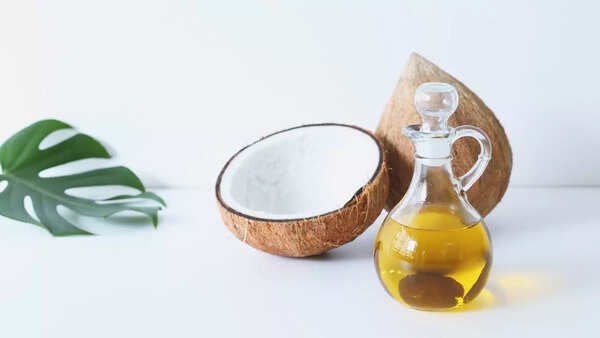Choosing the right hair care product can be a daunting task with so many options available. Hair serums and hair oils are two popular choices, each offering unique benefits. Understanding their differences is crucial to selecting the best product for your specific hair type and concerns.

A hair serum is a lightweight, leave-in treatment designed to protect and enhance the health and appearance of hair. These products typically contain silicones, oils, and antioxidants. Hair serums cater to various hair types, addressing concerns such as dryness, damage, and color-treated hair.

To maximize the effectiveness of your hair serum, follow these steps:

Hair oil is a conditioning treatment that deeply nourishes and hydrates hair, promoting overall health and shine. Rich in fatty acids, hair oils penetrate the hair shaft to lubricate and protect against damage. Suitable for all hair types, hair oil is an excellent solution for dryness, breakage, frizz, and split ends. It serves as a fantastic alternative to serums, especially for those seeking intense nourishment.

Adjust the application method and amount based on the type of oil and your hair's texture to achieve the best possible results.
When you consistently use the correct oil for your hair type and texture, you can expect the following benefits:

Newer articles
 Smith Targets Test Return After Baseball Cage Recovery Stint
Smith Targets Test Return After Baseball Cage Recovery Stint
 Rishabh Pant's Fearless Batting Revolutionizing Test Cricket, Says Greg Chappell
Rishabh Pant's Fearless Batting Revolutionizing Test Cricket, Says Greg Chappell
 Gavaskar Calls for Kuldeep Yadav's Inclusion Amid Bumrah Fitness Concerns Ahead of Second England Test
Gavaskar Calls for Kuldeep Yadav's Inclusion Amid Bumrah Fitness Concerns Ahead of Second England Test
 Oral Cancer: Spotting the Signs, Understanding the Risks, and Why Early Detection is Key to Survival
Oral Cancer: Spotting the Signs, Understanding the Risks, and Why Early Detection is Key to Survival
 5 Silent Signals of Prediabetes You Shouldn't Ignore
5 Silent Signals of Prediabetes You Shouldn't Ignore
 Vitamin D Could Slash Tooth Decay Risk by 50%, New Study Finds
Vitamin D Could Slash Tooth Decay Risk by 50%, New Study Finds
 Silent Signals: Don't Ignore These 5 Early Warning Signs of Liver Disease
Silent Signals: Don't Ignore These 5 Early Warning Signs of Liver Disease
 Brain's "15-Second Rule" Explains Why You're Always Seeing the Past, Study Reveals
Brain's "15-Second Rule" Explains Why You're Always Seeing the Past, Study Reveals
 Akmal Slams PCB's Interim Coach Pick: Questions Logic Behind Mahmood Appointment
Akmal Slams PCB's Interim Coach Pick: Questions Logic Behind Mahmood Appointment
 Nitish Rana Eyes Delhi Return After Disappointing Uttar Pradesh Stint
Nitish Rana Eyes Delhi Return After Disappointing Uttar Pradesh Stint